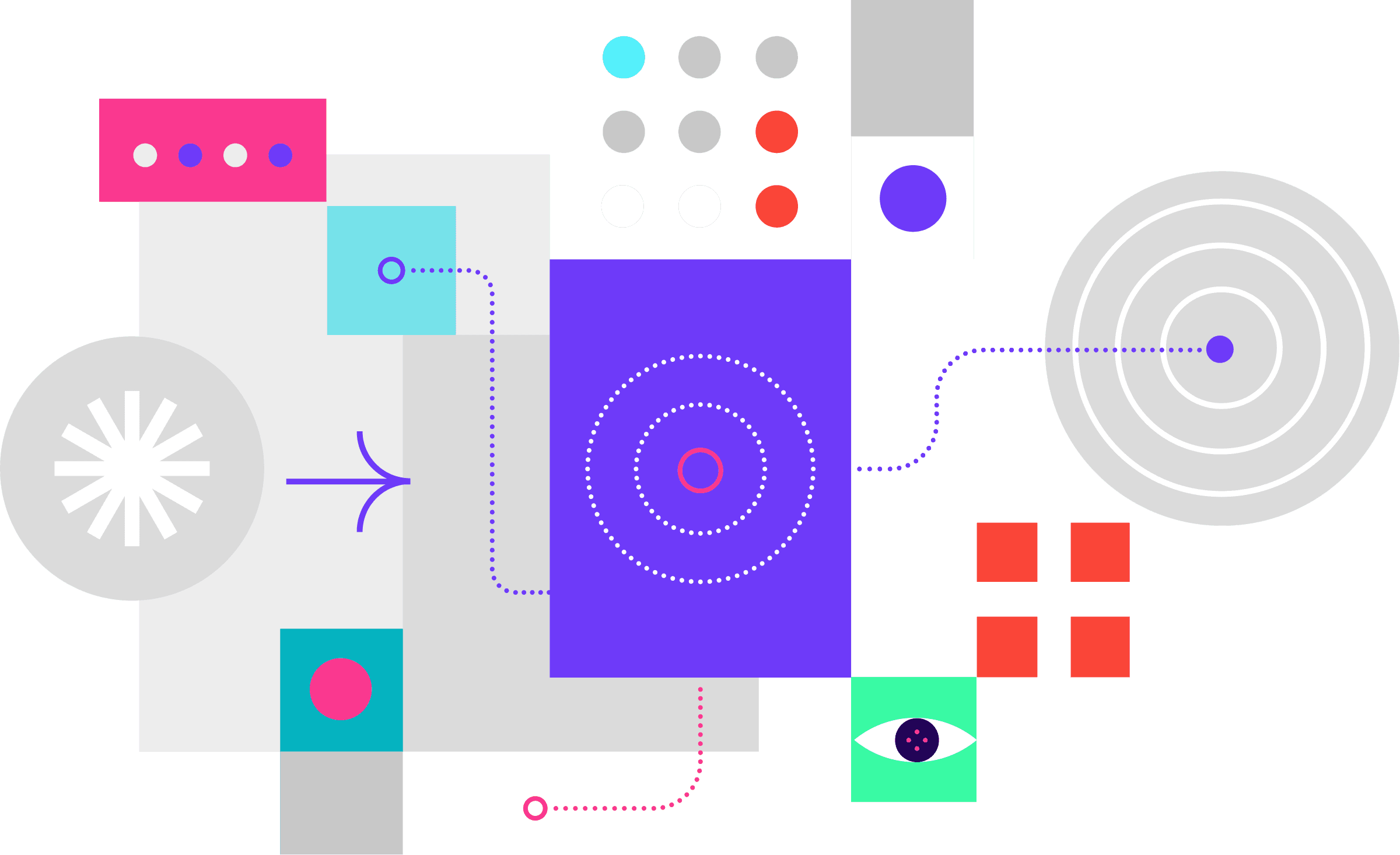परिचय
Band Protocol की स्टेकिंग उन लोगों के लिए एक बेहतरीन विकल्प हो सकती है जो BAND को रखना चाहते हैं, लेकिन सुरक्षित तरीके से आय अर्जित करना चाहते हैं और नेटवर्क में योगदान देना चाहते हैं। ये कदम थोड़े चुनौतीपूर्ण हो सकते हैं, खासकर जब आप पहली बार इन्हें करते हैं। इसलिए हमने आपके लिए यह मार्गदर्शिका तैयार की है।
चरण-दर-चरण मार्गदर्शिका
1. Band Protocol (BAND) टोकन प्राप्त करें
Band Protocol को स्टेक करने के लिए, आपके पास इसे होना चाहिए। Band Protocol प्राप्त करने के लिए, आपको इसे खरीदना होगा। आप इन लोकप्रिय एक्सचेंजों में से चुन सकते हैं।
सभी 46 कीमतें देखेंप्लेटफार्म सिक्का कीमत Binance Band Protocol (BAND) 0.34 BTSE Band Protocol (BAND) 0.34 Coinbase Band Protocol (BAND) 0.34 Kraken Band Protocol (BAND) 0.33 OKX Band Protocol (BAND) 0.83 Uphold Band Protocol (BAND) 0.69 2. एक Band Protocol वॉलेट चुनें
एक बार जब आपके पास BAND हो जाए, तो आपको अपने टोकन को स्टोर करने के लिए एक Band Protocol वॉलेट चुनना होगा। यहाँ कुछ अच्छे विकल्प दिए गए हैं।
सभी 10 स्टेकिंग पुरस्कार देखेंप्लेटफार्म सिक्का स्टेकिंग पुरस्कार Atomic Wallet Band Protocol (BAND) 11% APY तक Binance Band Protocol (BAND) 14.4% APY तक Bitget Band Protocol (BAND) 12% APY तक 3. अपने BAND को सौंपें
हम BAND को स्टेक करते समय स्टेकिंग पूल का उपयोग करने की सिफारिश करते हैं। यह शुरू करने के लिए सरल और तेज़ है। स्टेकिंग पूल एक समूह है जिसमें कई वैलिडेटर्स अपने BAND को मिलाते हैं, जिससे उन्हें लेनदेन को मान्य करने और पुरस्कार अर्जित करने का अधिक मौका मिलता है। आप यह अपने वॉलेट के इंटरफेस के माध्यम से कर सकते हैं।
4. मान्यता शुरू करें
आपको अपने वॉलेट द्वारा आपके जमा की पुष्टि होने का इंतजार करना होगा। एक बार जब यह पुष्टि हो जाती है, तो आप स्वचालित रूप से Band Protocol नेटवर्क पर लेनदेन को मान्य करेंगे। इन मान्यताओं के लिए आपको BAND से पुरस्कृत किया जाएगा।
जिसके बारे में जागरूक रहना चाहिए
आपको लेन-देन और स्टेकिंग पूल शुल्क पर विचार करना होगा। पुरस्कार कमाना शुरू करने से पहले एक प्रतीक्षा अवधि भी हो सकती है। स्टेकिंग पूल को ब्लॉक उत्पन्न करने की आवश्यकता होगी, और इसमें कुछ समय लग सकता है।
नवीनतम गतिविधियाँ
Band Protocol (BAND) की वर्तमान कीमत $11 है और 24 घंटे का ट्रेडिंग वॉल्यूम $80.43 लाख है।
- बाजार पूंजीकरण
- $20.81 क॰
- 24 घंटे का वॉल्यूम
- $80.43 लाख
- प्रचलित आपूर्ति
- 15.44 क॰ BAND
